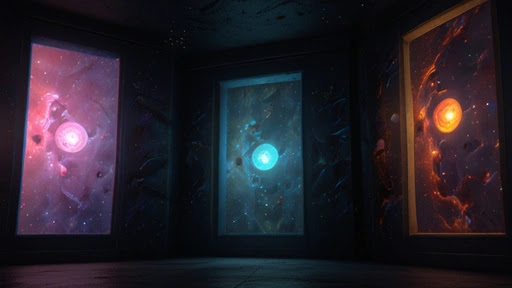Eternalism
Eternalism is a philosophical theory about time and existence. According to eternalism, past, present, and future events are equally real. This contrasts with presentism, which holds that only the present is real, and the past and future do not exist in any real sense.
Discovered vs. Invented
- Discovered: To say something is discovered means it exists independently of human thought and is found through observation, experience, or reason.
- Invented: To say something is invented means it is a creation of human thought, constructed by humans to understand, explain, or make sense of the world.
Is Eternalism Discovered or Invented?
This question can be approached from different perspectives:
- Relativity Theory: In physics, particularly in the theory of relativity, time is treated as a dimension similar to space. This scientific framework can be seen as supporting a form of eternalism because all points in time are part of the four-dimensional spacetime continuum.
- Discovered: From this viewpoint, eternalism might be considered discovered because it aligns with physical theories about the nature of the universe that describe how time works independently of human perception.
Philosophical Perspective:
- Conceptual Frameworks: Eternalism, like many philosophical theories, can be seen as a conceptual framework created by humans to understand the nature of time and existence.
- Invented: From this viewpoint, eternalism could be considered invented because it is a product of human thought, a way to explain and interpret our observations and experiences of time.
- Nature of Reality: If one believes that eternalism accurately describes the objective nature of reality, then it might be viewed as discovered. It would mean that this theory reveals a truth about the universe that exists independently of human thought.
- Human Construction: If one believes that eternalism is just one of many possible ways to conceptualize time, then it might be seen as invented. It would be a useful construct for understanding certain aspects of reality, rather than a fundamental truth.
Conclusion
- From a scientific realist standpoint, eternalism might be considered discovered because it describes an aspect of reality that exists independently of human minds, as supported by physical theories like relativity.
- From a constructivist or instrumentalist standpoint, eternalism might be considered invented because it is a conceptual framework humans created to understand and describe the world.
The distinction is nuanced and ultimately hinges on broader philosophical positions regarding the nature of truth, reality, and human understanding.




